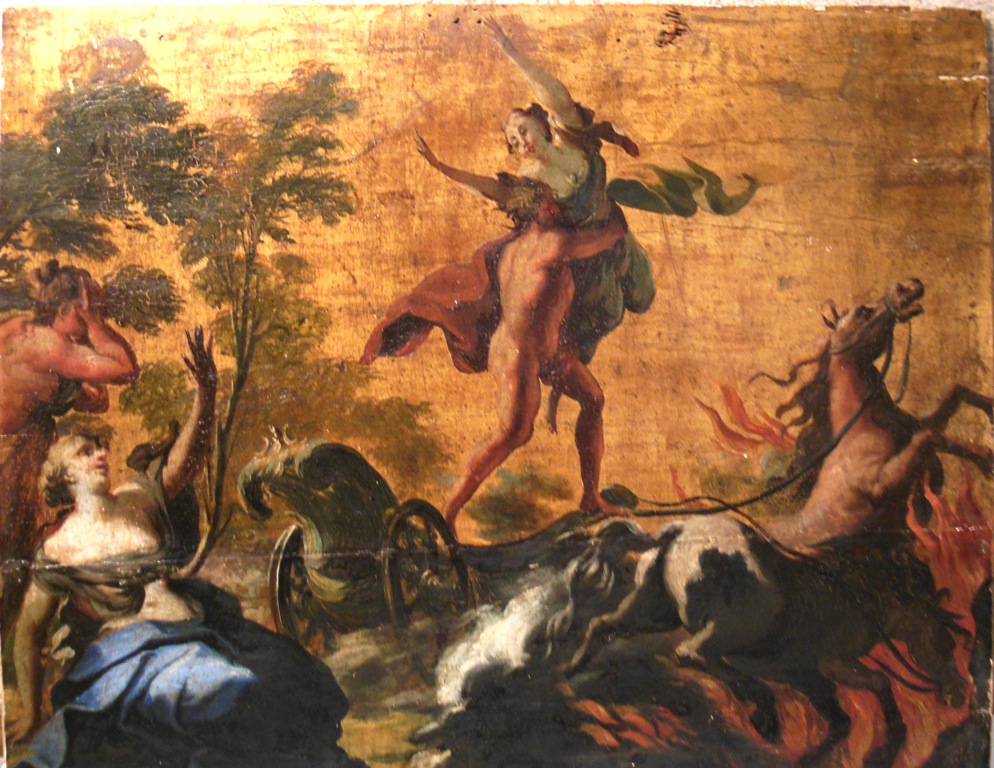PR and the Law (part 2)
by:
Charles Lamson
 |
Copyrights
Copyrights cover written and recorded (audiovisual and photographic) work and are an intangible property right that begins when an original work is created. Copyright protects the specific expression of the idea. A person who wishes to copyright an original work must use the copyright symbol (c) on a substantial number of copies that are publicly distributed. In addition, two copies must be sent within three months of publication or recording to the Copyright Office of the Library of Congress with a request for an application for registration for copyright. Fees vary with the size of the work being copyrighted. The copyright owner has exclusive rights of reproduction, adaption, distribution, performance and display. Copyrights that were secured prior to January 1, 1978 are protected for 28 years and may be renewed during the 28th year for an additional 47 years. Public law 105-298 increased protection by 20 more years so new copyrights can extend for 95 years. Individual works not done "for hire" are automatically protected from the time of creation until 70 years after the author's death. Company publication copyrights are good for 75 years from the year of first publication or for 100 years from the year of a publication's creation if it is never published. When copyrights expire the words they covered enter the "public domain" and become available to all for any of the previously restricted purposes (This is PR: The Realities of Public Relations, 9th ed by Doug Newsom, Judy VanSlyke Turk and Dean Kruckeberg; pg. 197).
In 1983 to 1994, news media contended that video tapes of news broadcasts constitute a copyright infringement. Some companies regularly supply clips of television exposure to clients and other PR people capture their own. Implicated in the same issue is the legality of home video taping with VCRs. The same issue was resolved in 1984 when the Supreme Court ruled that Sony was not directly contributing to copyright infringement by making and selling VCRs since VCRs have substantial noninfringement uses (Newsom, Turk, Kruckeber; pg. 198).
The Copyright Office in 2000 approved protection of creative material on the Internet (companies have the right to limit access to their content when it is offered on the internet) and made illegal hacking around those protective barriers. At issue still are situations on the Internet where one website traps another's site in its site, known as "in-lining." The argument is that the presentation is not what the author intended (Newsom, Turk, Kruckeber; pg. 198).
Another protection has been developed in the digital age. Thirty nations have signed a treaty that protects written works and are close to agreement on a second treaty that will protect artists and musicians (Newsom, Turk, Kruckeber; pg. 198).
Copying or "copycatting" is a common problem in advertising; but because ideas cannot be copyrighted, there is seldom a legal case in this area. The form that ideas take, not the ideas themselves, is entitled to copyright. However, a 1989 Supreme Court decision enables advertisers to copyright individual ads separately from the copyright that covers the publication. The advertiser owns the copyright unless there is an explicit agreement to the contrary (Newsom, Turk, Kruckeber; pg. 198).
However, if the staff of the newspaper or magazine prepares the ad, the periodical owns the ad and can copyright it. Such an ad cannot be published elsewhere without permission from (and compensation to) the publication that created it. Of course, for the copyright to be enforceable, the published ad must carry a copyright notice (Newsom, Turk, Kruckeber; pg. 198).
End
|

No comments:
Post a Comment